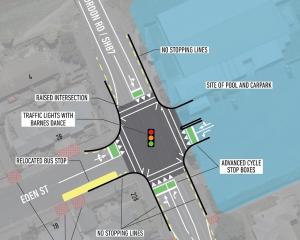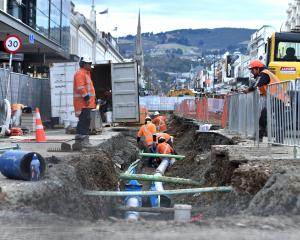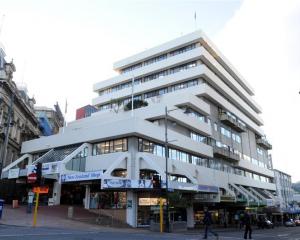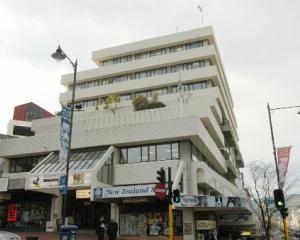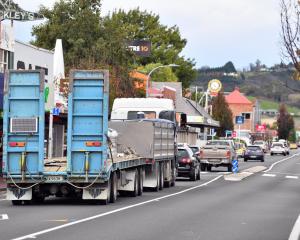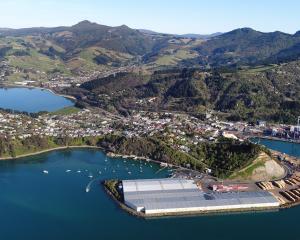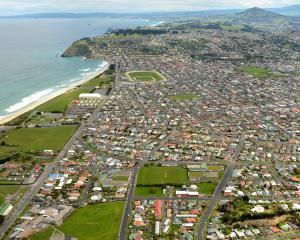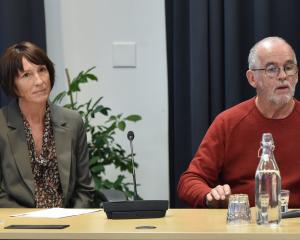Dunedin city councillors have thrown their support behind the Government's $1 billion leaky home package, amid concerns the discovery of more problem homes could be on the horizon in Dunedin.
Councillors at yesterday's planning and environment committee meeting voted to join the Government's financial assistance package. Their decision is subject to full council approval later this month.
The scheme split the cost of repairs between three parties, with the Government and participating councils each paying 25% of the cost of repairs and homeowners the remaining 50%.
The voluntary package was in addition to the disputes and litigation process already available to homeowners, but also conditional on homeowners forgoing the right to sue local authorities or the Crown.
Council chief building control officer Neil McLeod, in a report to yesterday's meeting, said the council had faced just five claims since the Weathertight Homes Resolution Service (WHRS) was established in 2006.
Only two were successful, with one claim for $205,000 settled for $135,000 and a second claim for $197,000 settled for $45,000.
A third Dunedin property, owned by Michael Beazley and Deborah Wai Kapohe, had been declared a leaky home by the Department of Building and Housing, but work on a possible settlement was continuing.
Two more Dunedin homeowners had also lodged claims with the WHRS, but, speaking later, Mr McLeod told the Otago Daily Times they were yet to result in any claim against the council, and might not.
That would depend on whether the properties were assessed as leaky homes by the WHRS, and, if they were, whether owners sought a settlement from the council or some other party.
He was yet to hear any of those details.
"All I can tell you at this stage is the council is currently fighting no claims.
"It's possible that there's no dollars involved. The ball, as it were, is in someone else's court at this stage."
At the meeting, Mr McLeod noted the wide variation between claims and settlement figures to date, and said the scheme could limit the council's ability to deal with other claims in future.
However, signing up to the scheme would give Dunedin homeowners more choice, and the council would not be exposed to claim costs from other parts of New Zealand, he said.
Council city environment general manager Tony Avery said it would be up to homeowners to choose whether to use the scheme or opt for private litigation, but it offered the chance to reduce the time and legal costs involved.
Cr Fliss Butcher urged councillors to support signing up to the scheme, saying colder conditions in Dunedin - compared with Auckland - meant leaky home problems would take longer to emerge.
"I think there will be more problems down the track, so I think it is a good idea for us to sign up for it," she said.
Mayor Dave Cull also supported signing up to the scheme, saying it would be a "win-win".
It would provide certainty to Dunedin homeowners in the "unfortunate situation" of dealing with a leaky home, while also limiting council exposure, he said.
The vote came months after a warning from Reconstruct managing director David Holloway, whose company had dealt with 500 leaky homes in Auckland.
He told the Otago Daily Times in February it was likely many other leaky homes across Dunedin and Otago were yet to be detected, because climatic conditions in the South meant problems were slower to emerge than in Auckland.
Claims could only be lodged up until 10 years after building work was completed, and the slower pace of problems in the South meant the deadline could be missed by Dunedin homeowners, he warned.


